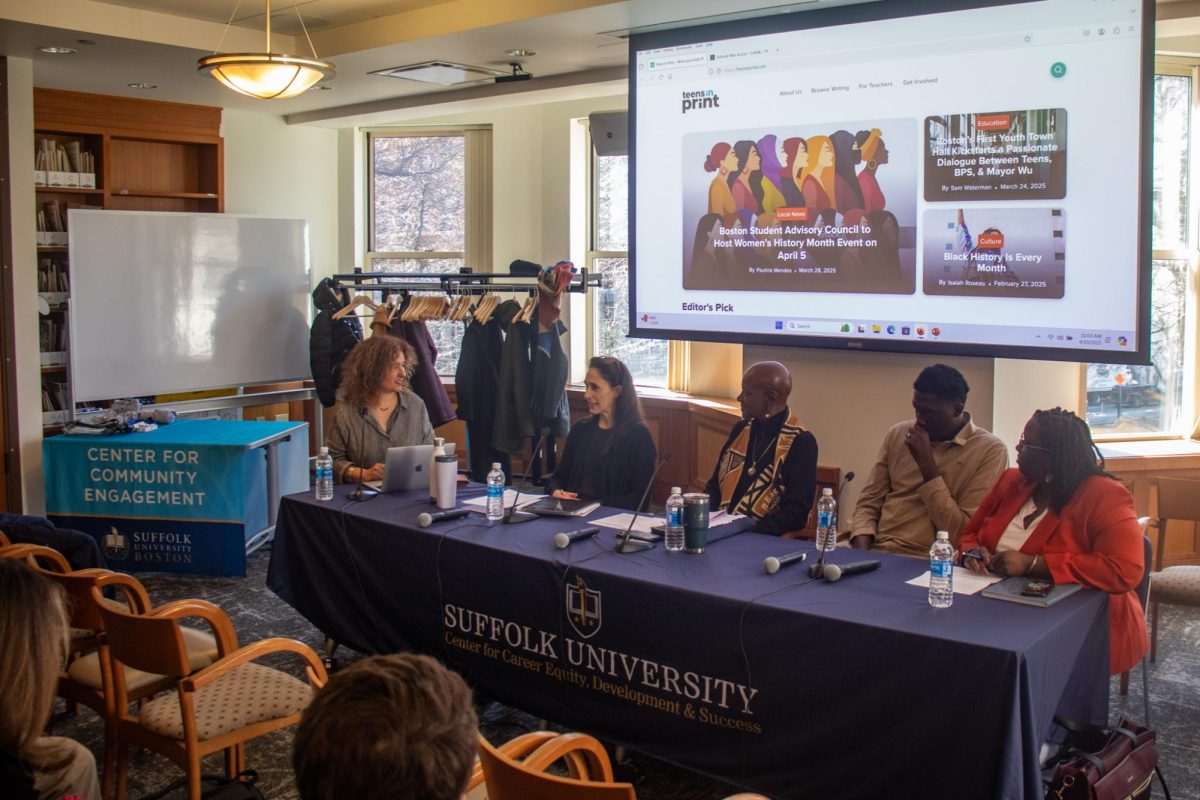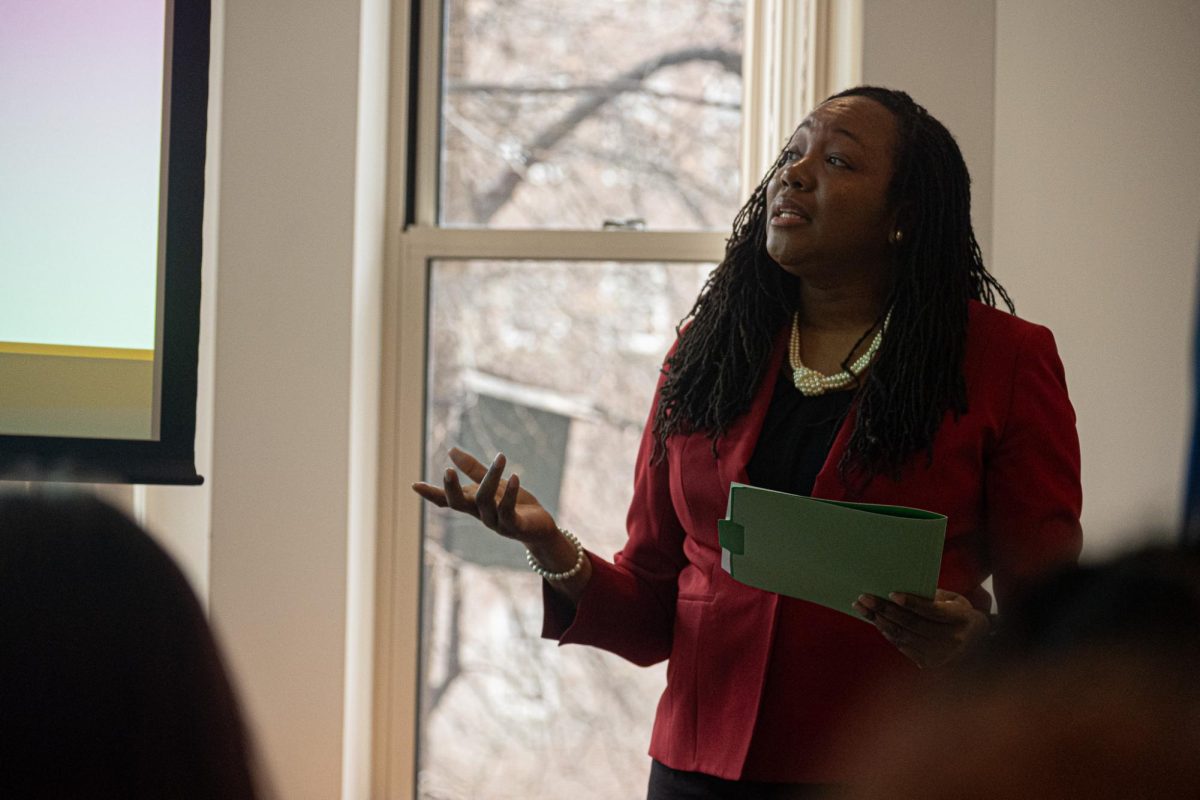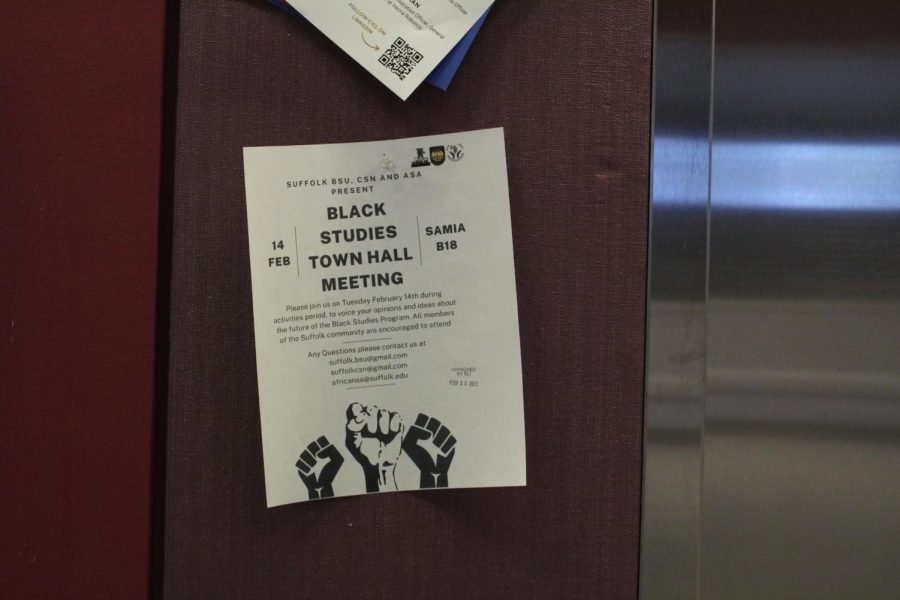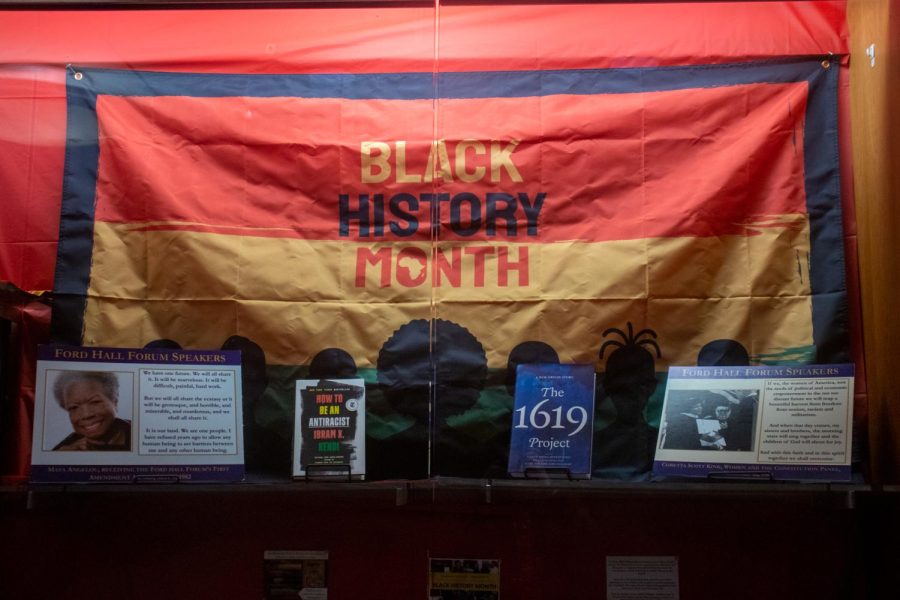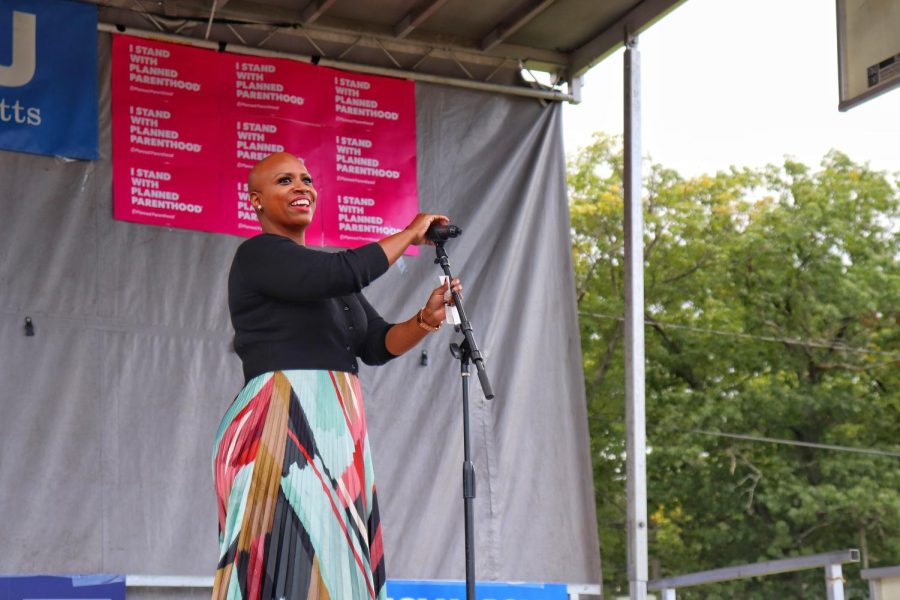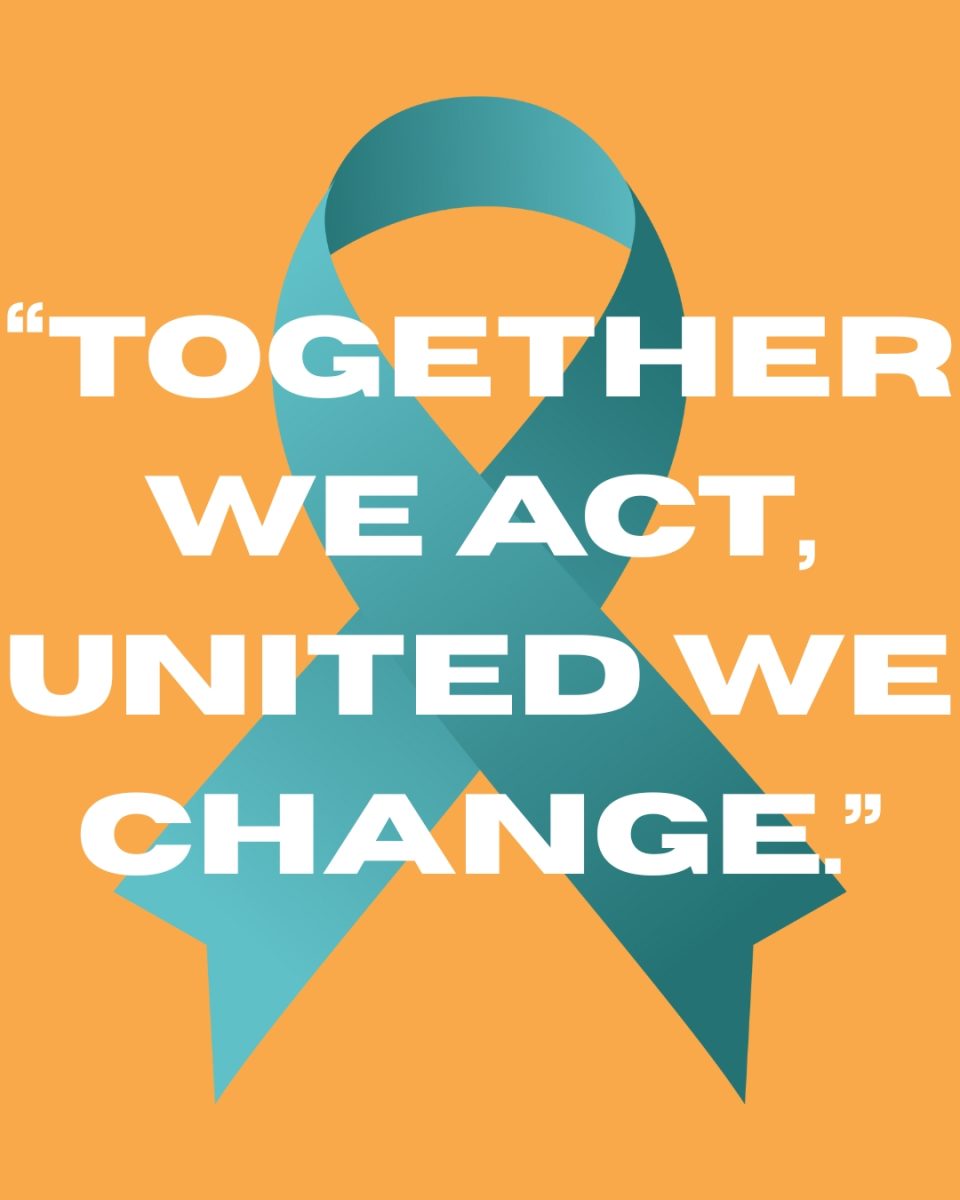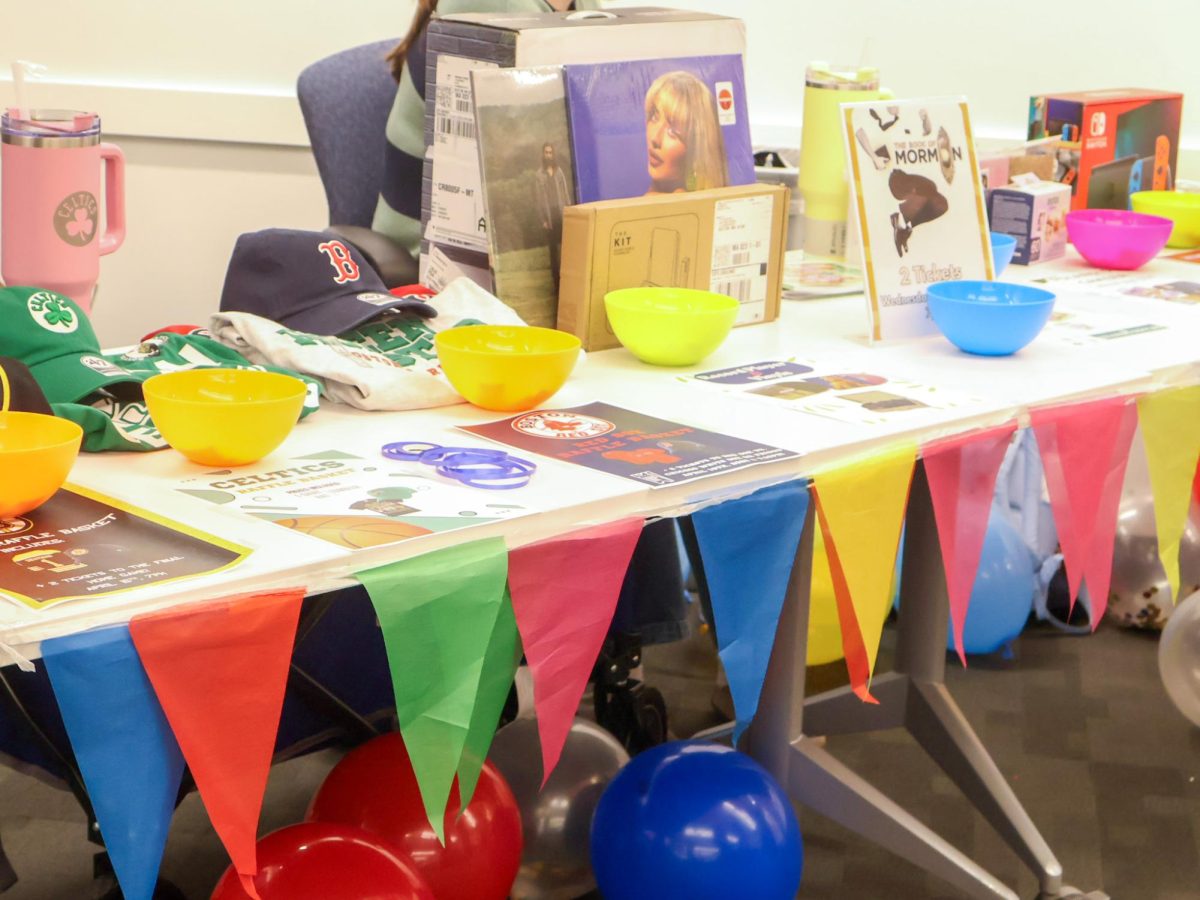Next semester, Suffolk University will offer a new course that explores global perspectives on race, racism and racialization.
The course is designed to deepen students’ understanding of race-related issues through studying the history of the transatlantic slave trade, racial segregation and its legacy embedded in American society.
“This course is about analyzing and working through, firstly, what race is,” said Nadiya Ali, Provost Fellow, in an interview with The Suffolk Journal. “I think a lot of time people assume they know what race is and then when you really sit down and talk about what actually race is, you realize is a kind of slippery concept.”
Nadiya Ali is a sociology Ph.D student with focus in social theory and race at York University in Toronto. She came to Suffolk through a year fellowship to finish her dissertation and teach the course.
“I feel like I’m new. I still try to get a sense of what it is here. I think teaching this class from a global perspective of what race and racism is will get me a better sense of where people are, how they engage with it,” said Ali.
In her opinion, today’s society faces the rise of two opposite movements: social justice activists and groups leaning towards racism. However, Ali believes that both sides tend to lack the understanding of what race is.
“Within both those camps, racism is brought up a lot but people are talking about very different things, thinking they talk about the same thing,” said Ali.
One recent example of white extremism American society witnessed earlier this year was a mass shooting in El Paso, when a 21–year old Texas man killed 22 people on Aug. 3 and admitted that he targeted “people of Mexican descent,” according to NBC News.
This course will break down such issues and give students a better understanding of racism is on multiple levels around the globe.
Ali believes that ignorance and misinterpretation of what race is lays in the foundation of many race-related issues.
“The big thing about this course is, I think, the way we think about how race influences our understanding of racism. Those concepts are connected and it’s important to understand the lineage in history of those concepts,” said Ali to The Journal.
The course will focus on racism embedded in global and national institutions – government policies and political trends.
“I feel like often when we talk about racism, it’s easier to talk about it on the interpersonal level,” said Ali.“But you can have a place where at the interpersonal level, it looks like people get along, but at the structural and systemic level, it could be a completely different story.”
Ali thinks that when it comes to racism embedded in government institutions people tend to avoid discussions because it seems impossible to bring positive changes.
Since Trump got elected in 2016 and spearheaded the infamous immigration policy, many believe that sense of racism intensified in American society.
A 2019 poll by YouGov showed that 75% of Black Americans and 60% of Hispanic Americans believe that racism has gotten worse since Trump was elected, website.
Ali said that in Western countries, which in many cases believed to be post-racial societies, racism in many ways remains.
“I think in a lot of countries in the global north, structural racism is very hard to avoid because of the history of segregation and the history of trans-Atlantic slave trade,” said Ali. “All around America, structural racism in many ways is in almost every part of our institutional system.”







